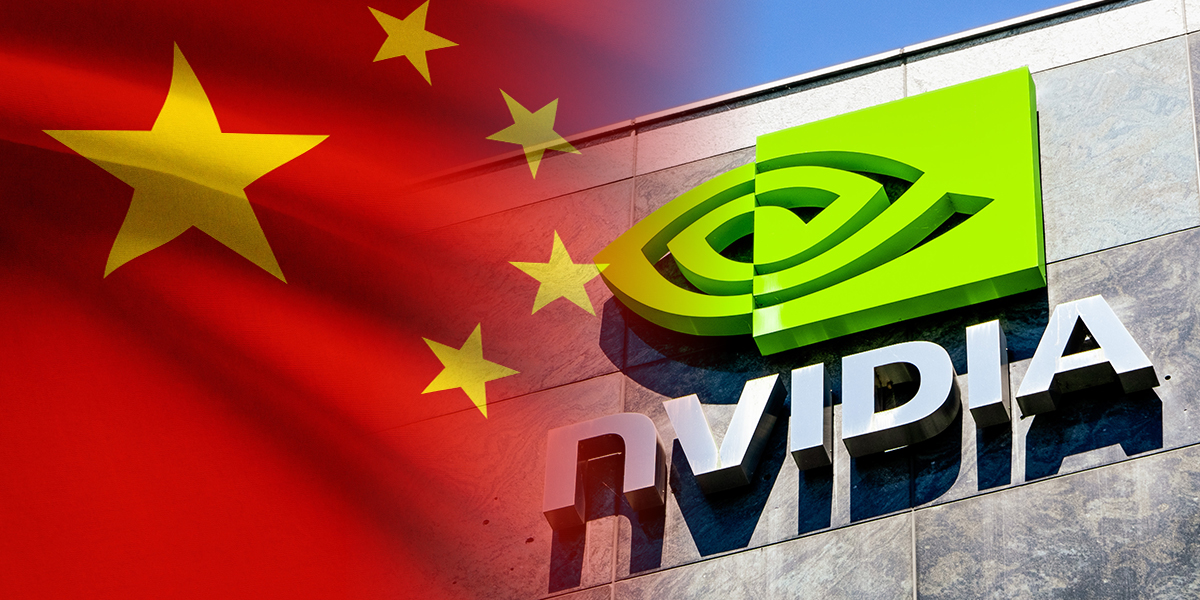Nvidia CEO Jensen Huang clarified on Friday that the company is not currently engaged in any talks regarding the sale of its high-end Blackwell AI chips to Chinese customers. Huang told reporters during a press appearance in Taiwan that right now the company is not planning any shipments to China.
The latest Blackwell processors, which represent Nvidia’s premier artificial intelligence technology, remain blocked from sale in China due to US government restrictions. The Trump administration has maintained a firm stance on these export controls, citing concerns over potential military applications and the advancement of China’s domestic AI sector.
Market speculation last week suggested that discussions between US President Donald Trump and Chinese President Xi Jinping on the sidelines of events in South Korea could pave the way for a limited version of the Blackwell chip to enter the Chinese market. However, no progress has been reported and both sides have yet to signal a breakthrough.
Huang noted that it is ultimately up to China to decide if they want Nvidia products to return to their market. Although US regulators have cleared Nvidia’s H20 chip for sale in China, Huang has stated repeatedly over the past month that interest from Chinese clients has evaporated. As a result, he said, Nvidia currently holds zero market share in China’s advanced AI chip segment.
Meanwhile, US Treasury Secretary Scott Bessent this week observed that evolving technology could eventually enable Nvidia to export its Blackwell chips to China and other nations once even more advanced processors are developed. According to Bessent, China may be permitted to access Blackwell units only when they are superseded by newer, more capable technology—a position that suggests substantial delays for any potential market reentry.
On Wednesday, several sources had reported that China has issued new guidance requiring that all newly funded state data center projects use exclusively locally made artificial intelligence (AI) chips.





